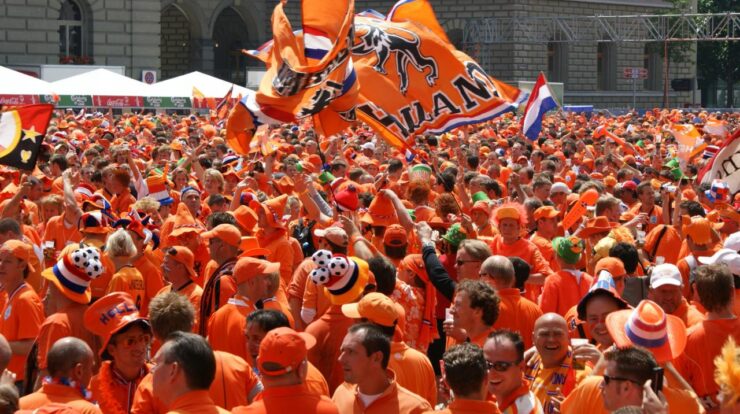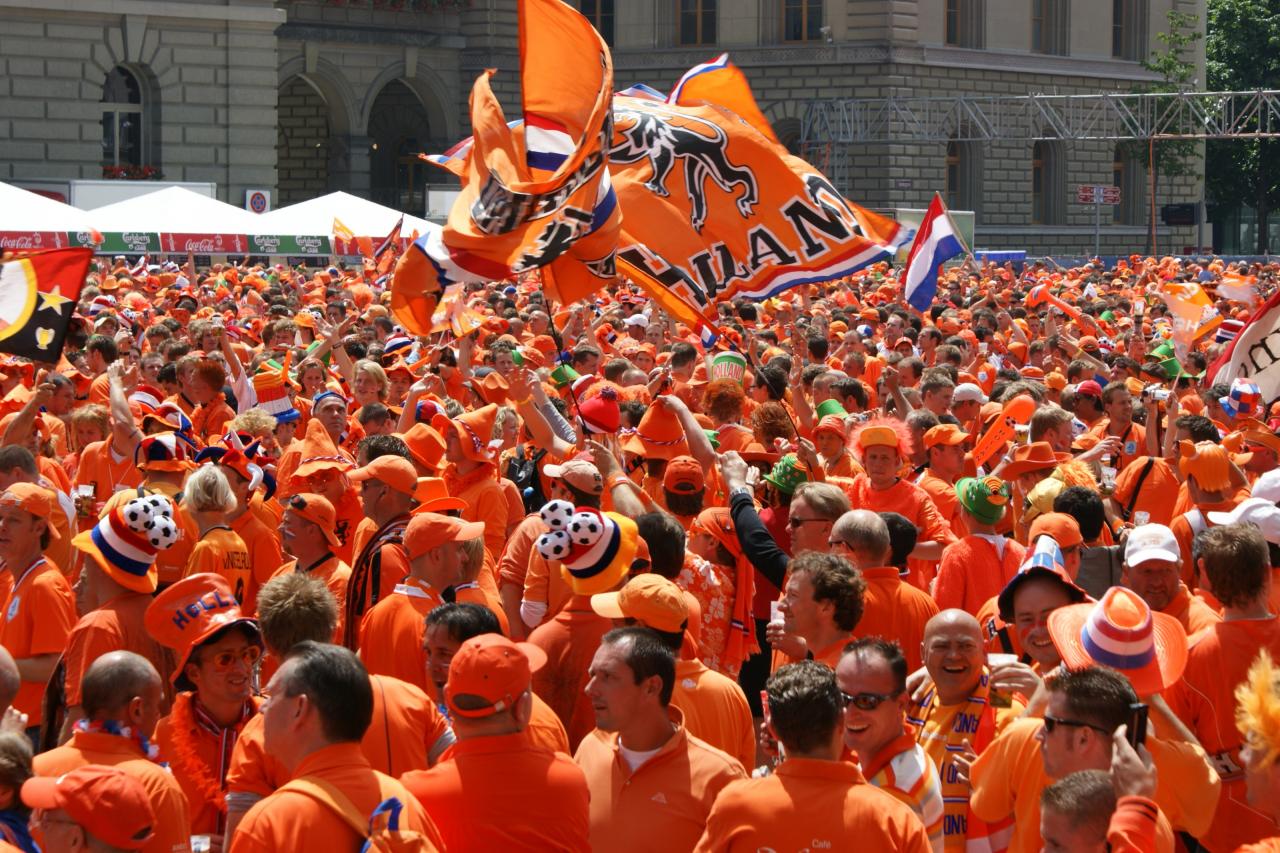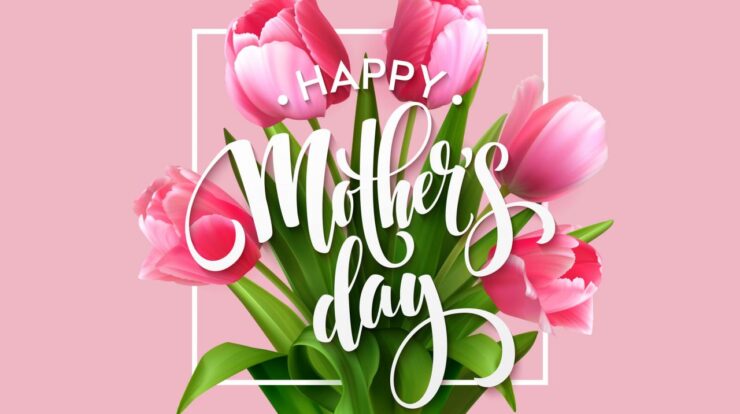
Dutch Kings Day, an exuberant national holiday celebrated annually in the Netherlands, is a vibrant tapestry of tradition, modernity, and cultural significance. Rooted in centuries-old history, this beloved event showcases the deep-seated connection between the Dutch monarchy and its people, fostering a sense of unity and national pride.
From the iconic orange attire to the bustling markets and lively street parties, Kings Day embodies the vibrant spirit of the Dutch nation. It is a day of revelry, remembrance, and reflection, where the past and present intertwine to create a uniquely captivating experience.
Historical Significance
Dutch Kings Day originated in 1885 as “Princess Day” to celebrate the birth of Princess Wilhelmina. After Wilhelmina’s ascension to the throne in 1898, the holiday was renamed “Queen’s Day” and became a national celebration. In 2013, when King Willem-Alexander ascended to the throne, the holiday was renamed “Kings Day.”
Traditional Celebrations, Dutch kings day
Kings Day is celebrated with a variety of activities, including flea markets, street parties, and music performances. Orange is the traditional color of the holiday, and people often wear orange clothing, flags, and decorations.
Modern-Day Adaptations
In recent years, Kings Day has evolved with the use of technology and social media. Virtual markets and online events have become popular, allowing people to participate from anywhere in the world.
Cultural Impact
Kings Day is a significant cultural event in the Netherlands, fostering national unity and pride. It provides an opportunity for people to come together, celebrate their heritage, and enjoy the festivities.
Economic Impact
Kings Day has a positive economic impact on the Netherlands. It attracts tourists, boosts sales for businesses, and creates employment opportunities. The holiday is estimated to generate millions of euros in revenue each year.
Environmental Considerations: Dutch Kings Day
Kings Day celebrations can have environmental concerns, such as waste generation and noise pollution. Initiatives have been implemented to promote sustainability, including recycling programs and reducing the use of disposable items.
International Influence
Dutch Kings Day is celebrated in other countries with significant Dutch populations, such as Aruba, Curaçao, and Suriname. In these countries, the holiday has been adapted to reflect local cultures and traditions.
Closing Notes

Dutch Kings Day serves as a testament to the enduring legacy of the Dutch monarchy and its profound impact on Dutch society. It is a day that not only celebrates the nation’s history but also embraces its modern-day identity, showcasing the country’s rich cultural heritage and its unwavering commitment to unity and progress.
Question & Answer Hub
When is Dutch Kings Day celebrated?
Dutch Kings Day is celebrated annually on April 27th, the birthday of King Willem-Alexander.
What is the significance of the color orange on Dutch Kings Day?
Orange is the color of the Dutch royal family, the House of Orange-Nassau. It is a symbol of national pride and unity.
What are some of the traditional activities associated with Dutch Kings Day?
Traditional activities include flea markets, street parties, concerts, and sporting events.





